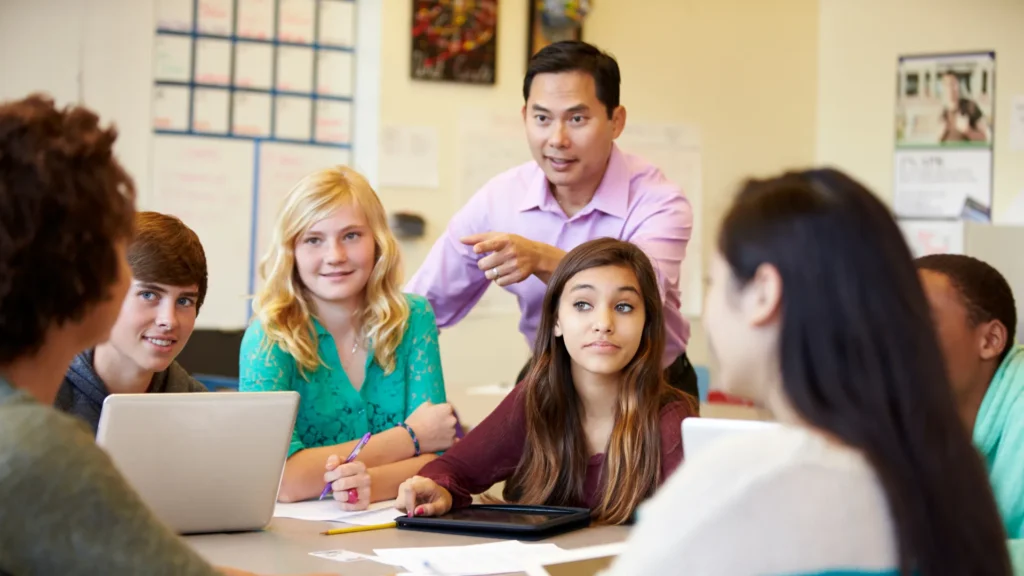As counselors, fostering resilience in students is pivotal in preparing them not just for academic hurdles but for personal ones as well. Here are effective techniques from the field.
Learn how counselors play a pivotal role in equipping students with essential life skills beyond academics. Discover effective techniques like developing emotional literacy, promoting problem-solving skills, cultivating a growth mindset, teaching coping strategies, encouraging goal setting, and building resilient school communities. These strategies not only prepare students for academic hurdles but also empower them to navigate personal challenges with grace and strength, fostering resilience for life’s diverse trials ahead.
Resilience is not merely the ability to bounce back from adversity; it’s a process that teaches students to navigate life’s inevitable challenges with grace and strength. As counselors, fostering resilience in students is pivotal in preparing them not just for academic hurdles but for personal ones as well. Here are effective techniques from the field.
- Develop emotional literacy: A foundational step in building resilience is helping students understand and manage their emotions. Encourage the use of mood journals or emotion charts to help students recognize and articulate their feelings, such as frustration, anxiety, or disappointment. This emotional awareness is critical in addressing challenges constructively and is especially beneficial in situations where academic pressures intersect with personal stressors.
- Promote problem-solving skills: Resilient students are effective problem solvers. Equip them with strategies to face challenges head-on through role-playing and discussion of past difficulties. These activities enhance their capacity to handle future academic and personal challenges by developing a toolkit of responses and approaches that can be adapted to various situations.
- Cultivate a growth mindset: Encourage students to view challenges as opportunities to learn rather than insurmountable obstacles. Reinforce the idea that effort and persistence can lead to improvement and success, regardless of the initial outcome.
- Teach coping strategies: Mindfulness, meditation, and structured relaxation exercises are valuable tools for managing stress and recovering from setbacks. Integrating these practices into students’ daily routines can provide them with ways to decompress and maintain their mental focus, benefiting their educational pursuits and personal well-being.
- Encourage goal setting: Help students set realistic, measurable goals to give them a sense of direction and purpose. Achieving these goals not only boosts their confidence but also strengthens their overall resilience. This practice is crucial in academic settings where clear objectives can guide students toward educational success and in personal settings where goals help them navigate complex life challenges.
- Build resilient school communities: Strengthening the entire school community is also important. Implement peer mentoring programs and celebrate achievements and overcome obstacles. Recognizing resilience through school assemblies, newsletters, or social media can foster a supportive environment that encourages students to engage with and support each other.
Through emotional support, skill-building, and community efforts, the resilience students develop with the help of their counselors will continue to serve them in higher education, career paths, and beyond, truly preparing them for the diverse challenges of life.


